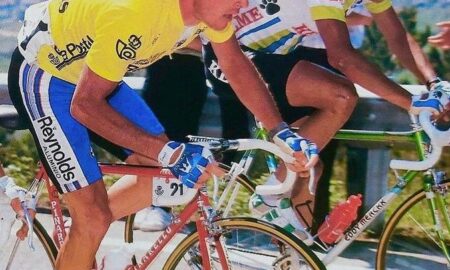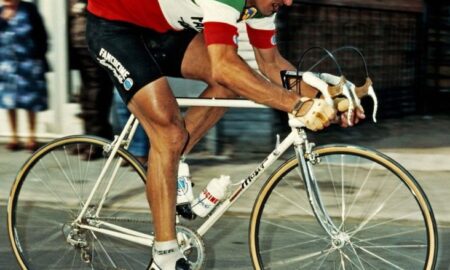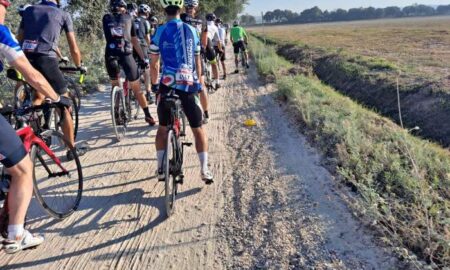Through the Blizzard: Bernard Hinault’s Legendary Triumph at the 1980 Liège–Bastogne–Liège
When cycling fans talk about the most heroic performances ever witnessed on two wheels, the 1980 edition of Liège–Bastogne–Liège — known as La Doyenne (“the oldest”) — always comes up. It was more than just a race; it was a battle against the elements, a brutal epic that turned into the stuff of legend thanks to one man: Bernard Hinault.
On April 20, 1980, the Ardennes were battered by an unrelenting snowstorm. Out of the 174 riders who started, only 21 finished — a brutal statistic that says everything about the conditions. Blizzards, freezing temperatures, icy roads: it wasn’t just a bike race, it was survival.
From the start, it was clear that this would be no ordinary day. Snow covered the roads, and riders abandoned by the dozens, frozen and exhausted. But Hinault, the Breton known for his toughness and fierce will to win, saw an opportunity. With over 80 kilometers to go, he launched a devastating attack, leaving everyone behind — alone against the storm.
What followed was a ride for the ages. Hinault pushed through the freezing wind, snow sticking to his face, fingers numb, legs churning. No wheel to follow. No peloton to hide behind. Just him, his bike, and the unyielding road to Liège. He would eventually cross the finish line nearly 10 minutes ahead of the second-place rider — a margin almost unheard of in modern cycling.
The victory came at a cost: Hinault would suffer permanent damage to two fingers due to frostbite, a constant reminder of the day he conquered one of the toughest races ever ridden.
The 1980 Liège–Bastogne–Liège is not just a victory in Hinault’s incredible palmarès. It is a story of raw courage, stubbornness, and grit — everything that cycling, at its purest, represents.
Today, vintage fans still celebrate Hinault’s ride not just as a race won, but as a symbol of resilience. It’s a reminder that, sometimes, glory isn’t about the perfect conditions — it’s about rising above the worst.












Leave a Reply